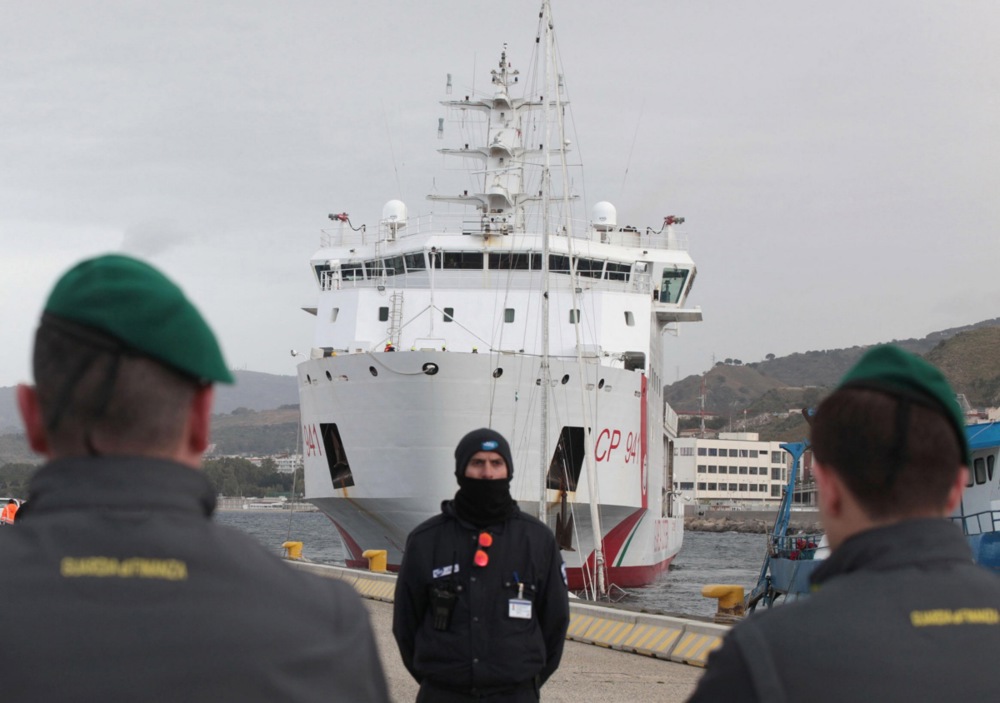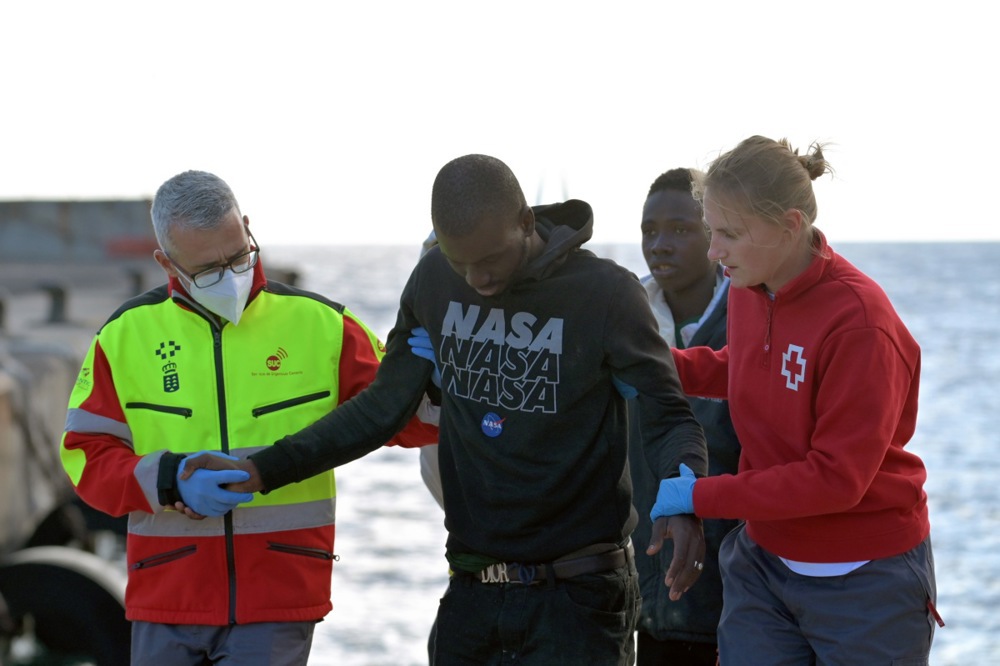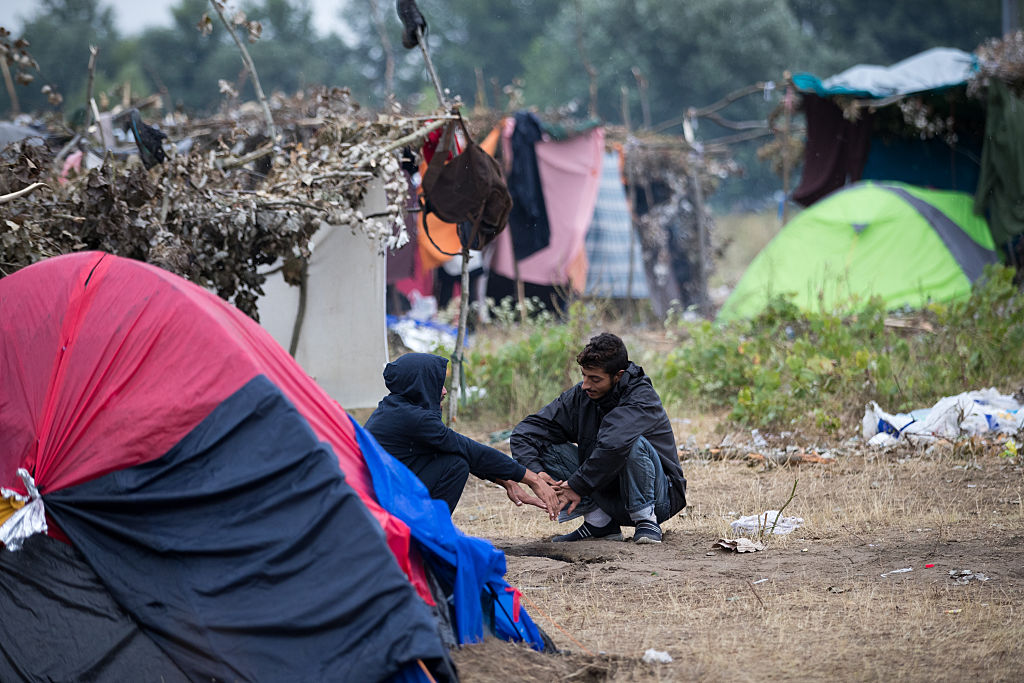Libya has closed down the headquarters of 10 NGOs active in the nation, forcing them to suspend their activities after accusing them of “settling illegal immigrants” without “proper authorisation”.
Libya’s Internal Security Agency (ISA) said on April 2 the NGOs were involved in activities aimed at resettling immigrants within the country, exploiting the nation’s instability.
Among the targeted organisations were Terre des Hommes, the Norwegian Refugee Council, Doctors without Borders (MSF) and the Italian NGO CESVI.
They worked with the United Nations High Commissioner for Refugees (UNHCR).
Salem Ghaith, spokesperson for the ISA, said at a press conference on April 2, that French NGO MSF had trained Libyan doctors in so-called safe abortion practices without notifying the relevant authorities — an action considered incompatible with Islamic law and national legislation.
He said the NGOs had seriously violated the law and considered these activities a direct threat to national security.
Ghaith noted that, while some of these groups were officially registered with Libya’s Civil Society Commission, investigations found that certain foreign organisations were involved in “suspicious activities” while claiming to offer humanitarian aid, defend freedom and human rights.
He spoke of “hostile intelligence activities” and said the NGOs “planned to spread atheism, Christianity, homosexuality, moral decadence and settlement”.
The ISA spokesman stressed that all NGOs were to follow Libyan laws and regulations. He highlighted the importance of national sovereignty and said his country had “the right to choose its own political system and formulate its laws that are consistent with its religious, moral, social [and] economic systems customs and cultural heritage”.
Terrible news from Libya.
The Internal Security Agency has allegedly closed the offices of the Norwegian Refugee Council, Terre des Hommes Italia, International Medical Corps, Danish Refugee Council, Médecins Sans Frontières, CARE Germany-Luxemburg, INTERSOS, Acted, and Cesvi… pic.twitter.com/9JkKmLs22T
— Refugees In Libya (@RefugeesinLibya) April 2, 2025
Ghaith claimed that the NGOs allegedly not operating within the proper legal frameworks and acting without the knowledge or formal authorisation from Libyan Governmental authorities, had helped settle irregular migrants through their humanitarian assistance programmes.
He claimed that was part of a “well-thought-out plan that they began implementing years ago”.
According to Ghaith, the NGOs promoted demographic change with the goal “to create a hybrid society with religiously, morally and socially incompatible components”. He said there would be “dire consequences” if Libya became multicultural in that way.
The ISA reaffirmed its commitment to monitoring the activities of NGOs operating in Libya and stressed that it would take all legal measures necessary to prevent any actions that could undermine national stability.
The move against the NGOs came as part of a wider push to tighten control over migration-related activities in Libya, including recent agreements with international partners to strengthen border security and migration management.
On April 3, Italy approved a new €20 million humanitarian programme aimed at facilitating the voluntary return of 3,300 vulnerable migrants currently stranded in Libya, Tunisia and Algeria to their home countries.
The initiative, in partnership with the International Organisation for Migration (IOM), was part of Italy’s wider strategy to manage migration from North Africa.
It aimed to return migrants living in harsh and unsafe conditions safely and respectfully to their home countries, while also reducing the number of dangerous sea crossings to Europe — journeys that claim thousands of lives each year.
Libya has long been a major transit point for migrants heading to Europe, with various international organisations actively helping migrants.
In response to the Italian initiative, NGOs issued a statement, condemning it. They spoke of “illogical and distorted use of so-called ‘voluntary return’” supported by transit countries including Libya and Tunisia, where immigrants’ fundamental rights were “systematically violated”.
They called for a stop to the funding of voluntary return programmes in transit countries and said countries should opt for freedom of movement and protect migrants.
There are currently more than 700,000 migrants in Libya, according to UN statistics. Libyan officials have stated the number was much higher.





